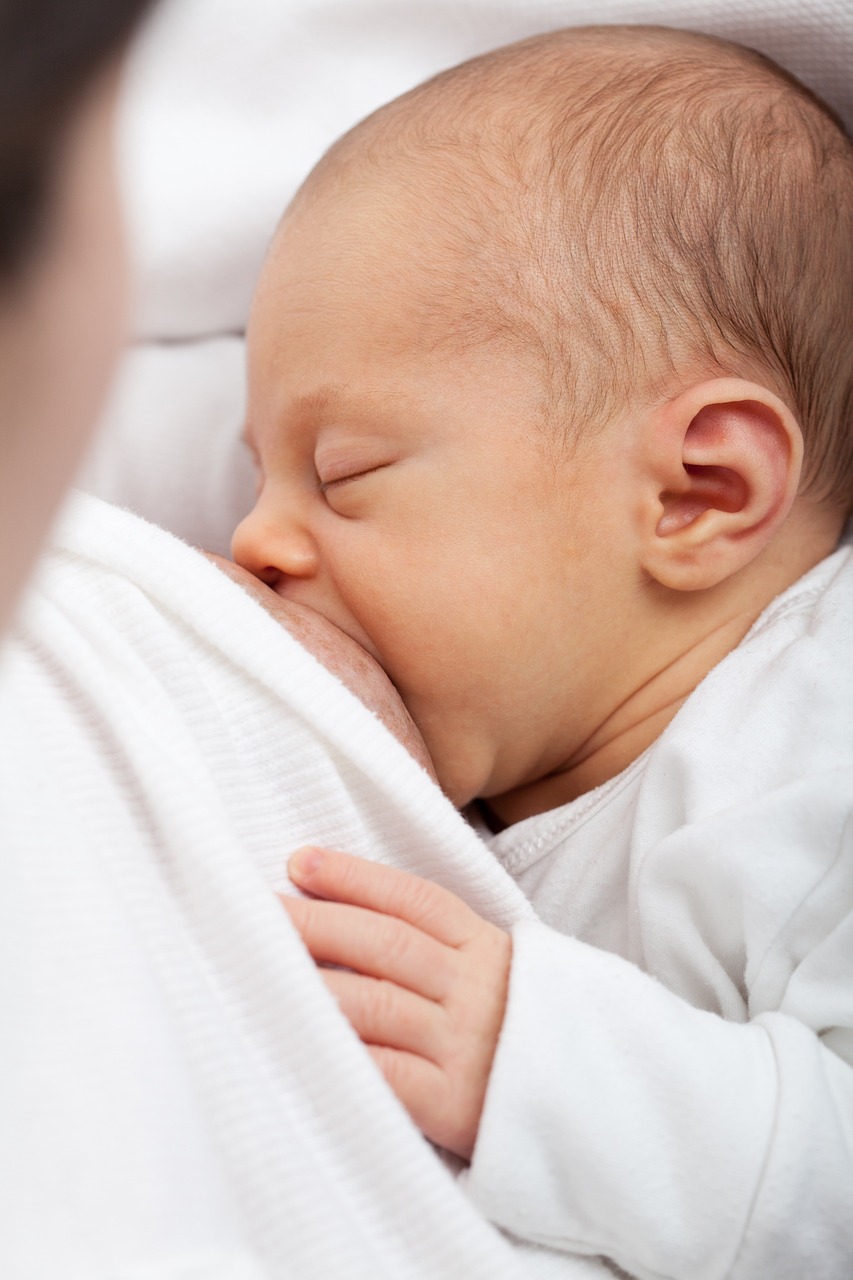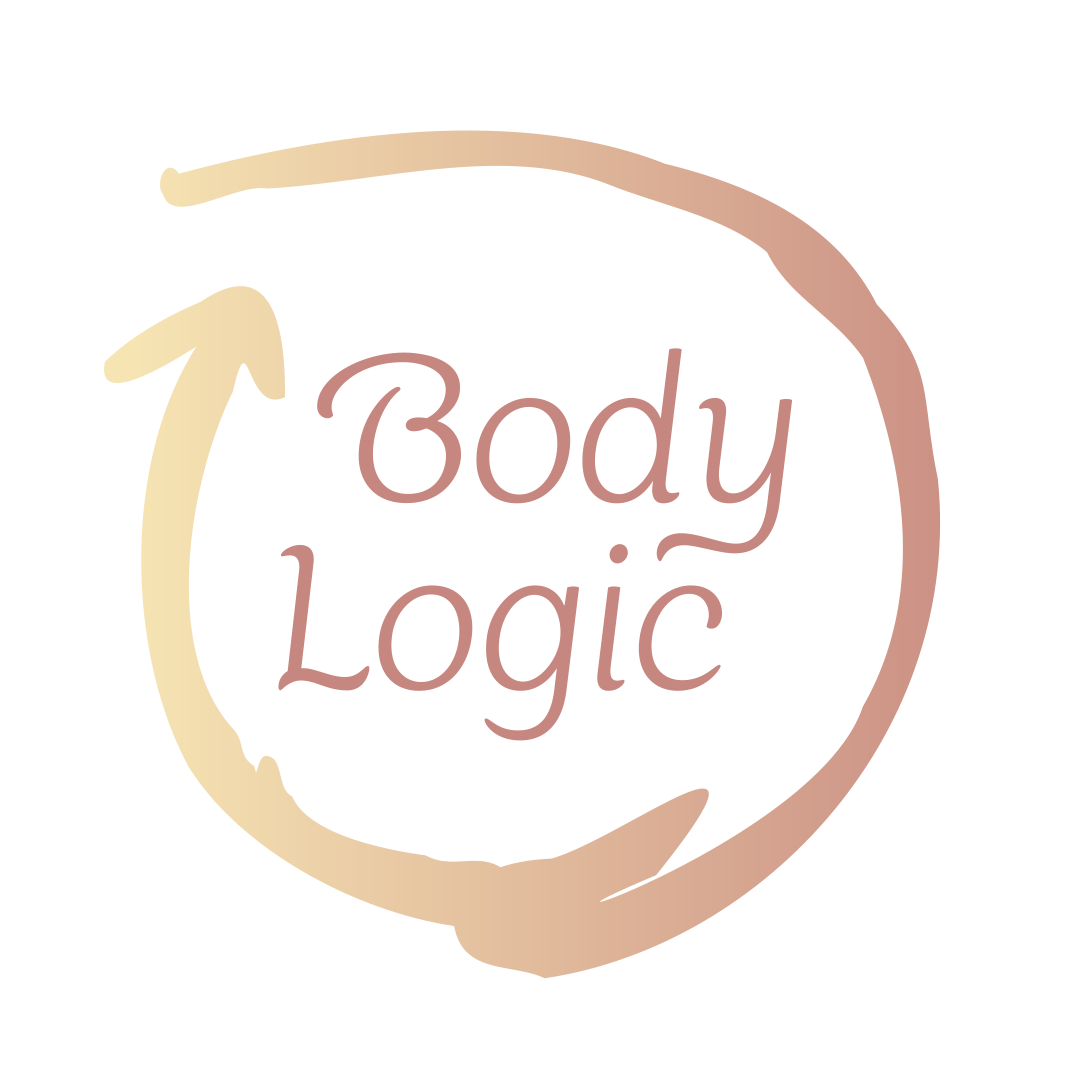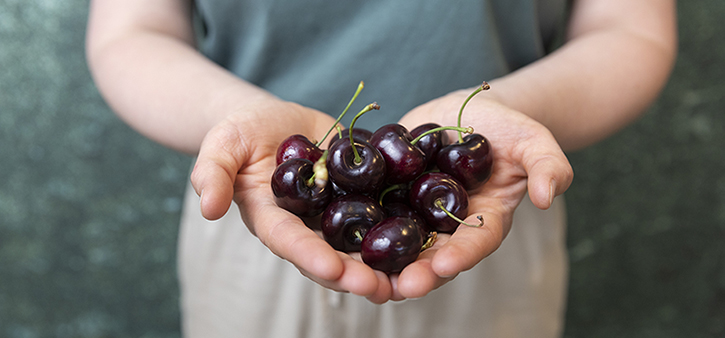What food is best if you are breastfeeding? The postpartum period is an intense one. You are recovering from pregnancy, childbirth and at the same time you are responsible for feeding a brand new human being. In this article, I will show you which foods best support you. Not only to optimise breastmilk production, but also to make sure you get through this period as well as possible yourself.

Breastfeeding at the mother's expense
How she felt? Like a walking skeleton, Anna* entered my consultation room, her newborn baby like a Michelin man on her arm. Her clothes slouched around her body. Her hair hung frizzy along her face. Sleeping was fortunately going well, but no matter what she ate she kept losing weight. In all the commotion, she forgot to eat now and then, but she didn't move that much, did she? To quench her thirst, she drank water, a large glass with every breastfeeding. After all, she had read that drinking enough water is very important when breastfeeding.
Anna's baby grew well, but clearly at the mother's expense. Some mothers might be happy to lose the excess pounds quickly, but besides fat, this mother also lost her muscles, her hair and her energy. Those around her urged her to stop breastfeeding, but this mother didn't want to yet. Was she getting enough nutrition for breastfeeding?
“More water does not help breastfeeding, food does“
Enough nutrition for breastfeeding
One of the trickiest things in the postpartum period is eating and drinking enough. If you are breastfeeding, you need about 500 to 1,000 kcal extra per day. Including about 20 grams of extra protein in the first six months of breastfeeding1. So breastfeeding is far from free. If you don't eat enough, one of you pays the price. Postpartum puts a lot of demands on your body's ability to adapt. Think of the marathon that breastfeeding is, a difficult birth, lack of sleep (of course), a baby who cries a lot, little support from your environment... depression lurks then too, a slower recovery and/or breastfeeding that doesn't go so well.
What makes absolutely no sense is the emphasis some people place on getting back to your old weight. Weight should not be your priority now but nutrition. Feeding your child and your body. You need good nutrition for good breastmilk.
A big glass of water with every breastfeeding?
What is best for a brand-new mother to eat and drink during this period? Many women are given the following tip: 'every time you breastfeed, drink a big glass of water yourself'. This tip could be much better. In fact, water contains moisture but no nutrients. Water is filling and can make you feel less hungry.
Drinking something nutritious, like juice or milk, not only gives you fluid but also those important calories, proteins and other nutrients you need. With this knowledge in mind, I asked a physician-teacher why she did not advise women to drink milk instead of water. Surely milk is a meal in a glass? But this doctor replied that women don't like milk. So drinking milk was not good advice according to her. An invalid excuse as far as I am concerned. You can make milk tasty by adding cocoa, fruit juice, vanilla, honey or decaf coffee. This way, you provide moisture as well as nutrition in every glass you drink while breastfeeding.
The disadvantages of drinking lots of water
You don't make more or better breast milk if you drink a lot of water2. Drinking too much fluid can potentially even reduce your milk production3. Back in 1940, it was suggested that drinking more water does not lead to more breastfeeding, because drinking more water does not lead to more saliva or other bodily fluids either. Nor do cows produce more milk if they drink more water. Water does not help, nutrition does.
But don't you need water to stay hydrated? Nope.. In 2016, researchers Ronald Maughan and colleagues4 compared different drinks and what did they find? After drinking a glass of pure water, you urinate out much of the fluid again. Milk and orange juice, on the other hand, allow you to retain and use more of that fluid. Minerals and other nutrients actually help using the fluid.
Fear of liquid calories
But don't liquid calories make you fat? Liquid calories do indeed satiate less, and for people who want to lose weight, it can help to switch from fruit juice to whole fruit. But if you are breastfeeding and therefore need a lot more energy, the lower satiety is actually an advantage! That way it's easier to manage to get more nutrients in. And besides, if you have time to down a glass of water, you also have time to down a glass of milk or orange juice.
The slimmer, the more calories you need
In Anna's case, there is an obvious energy and probably protein deficiency. She is naturally slim and has not built up many extra reserves during pregnancy. What she needs now is about 2,500 to even 3,000 kcal a day. By replacing the six large glasses of water she drinks while breastfeeding with milk, she has already added about 700 extra kcal. That could reverse the negative spiral she has fallen into, which might make it possible to continue breastfeeding. At least she can try.
A flattening growth curve and a tired mother
With baby Isa*, the growth curve of her weight kept slipping downwards. She was almost 5 months and exclusively breastfed. It was challenging at first but mother was very proud that she had managed to breastfeed Isa. Now things were going smoothly and she seemed content. So why did she stop gaining so much weight? Mother still had almost all her pregnancy pounds and still felt gloomy and sad at times. She was also suffering quite a bit from hair loss and fatigue. She proudly told me she had stopped taking sugar. That would surely help get rid of her extra weight. Was it time for this baby to start solid food? Or was mother no longer able to make good breast milk?
“Gloomy feelings and problems with breastfeeding often go together - possibly due to a common physiological cause“
Important hormone for breastfeeding: prolactin
To breastfeed, you need the hormone prolactin. At the end of pregnancy, your body starts making prolactin in large quantities. Only during pregnancy, progesterone keeps prolactin in check, preventing it from doing its job. After giving birth, progesterone suddenly drops and then prolactin can activate the mammary glands to make milk. After the first month of breastfeeding, the hormone drops again. Sometimes even to the level of a woman who is not breastfeeding. So prolactin turns on the breastfeeding motor, but after that you only need a little of it occasionally5.
The disadvantages of too much prolactin
Prolactin literally breaks down the mother's body in order to get the nutrients needed for breastfeeding6. Too high prolactin is linked to osteoporosis, hair loss and postpartum depression7. A kind of stress hormone, in other words. Women who are malnourished have higher prolactin levels months after giving birth than women who are well-nourished. So rather than getting the nutrients for breastfeeding from your own body, get them from food. That means: eat!
Stimulating prolactin to boost breastfeeding
Breastfeeding-stimulating herbs like fenugreek and fennel seeds probably increase your prolactin by increasing your oestrogen. This is because the hormone oestrogen stimulates prolactin. The drug Domperidone, which also increases prolactin, is also sometimes prescribed to stimulate breastfeeding. Logically, these drugs are particularly useful in the first weeks after delivery. In somewhat older babies who grow little, the cause is probably not prolactin deficiency.
Breastfeeding and the thyroid gland
Once breastmilk production has started, it is kept going by all kinds of local mechanisms. How exactly that works in breast tissue is not yet entirely clear. Little research has been done on that - unlike research on the composition of breastfeeding. In any case, milk production is stimulated when a baby (or pump) removes milk from the breast. Breast milk production requires energy and nutrients. And therein lies a role for the thyroid: in fact, thyroid hormones help make milk5,8. A sluggish thyroid leads to reduced milk production and can also cause feelings of depression9 and fatigue.
An inflamed thyroid gland after childbirth
In 5% of women, an inflammation of the thyroid gland, called post-partum thyroiditis, develops in the first year after childbirth. This can cause breastfeeding to fail as well. In the mother, it can cause vague symptoms such as fatigue, lethargy and gloom. It could well be the case in Isa's mother. And in how many more women? To diagnose it, a blood test is needed. Post-partum thyroiditis recovers on its own, but it may contribute to breastfeeding not going well.
Nutrients for the thyroid gland
For proper thyroid function, you need sufficient nutrients. Among them, sufficient carbohydrates. If you don't eat carbohydrates, the active thyroid hormone in your blood drops. This is because in your liver, carbohydrates activate thyroid hormone. Sugars are also carbohydrates. They too help activate your thyroid hormone and increase your metabolism. Quitting sugar, as Isa's mother had just done, is not necessary. Of course, it's better to replace those chocolate chip cookies with fruit. But the sugars from fruit can actually help increase your metabolism. This way, you support breastfeeding and also the loss of those extra pregnancy pounds.
Another cause of gloomy feelings
Another relationship with gloomy feelings during maternity seems to be having low-normal cholesterol10. Cholesterol is the basic molecule for the production of all steroid hormones, which includes the sex hormone progesterone. You need enough of it to make progesterone. After childbirth, this hormone drops sharply. The brain converts progesterone into the hormone allopregnanolone11. Low allopregnanolone is related to depressive feelings9. Possibly it would also help to raise these women's cholesterol slightly. This could be done with fruit juice, for example. Drinking milk during pregnancy may also help against feelings of depression in the maternity period - whether or not via its effect on cholesterol. A study in Japan showed that12.
Conclusion
During the postpartum period, apart from breastfeeding the baby, the mother's nutrition should be the main focus. Milk and fruit juice are ideal drinks because of all the nutrients and the convenience of drinking them during this period. This not only supports breastfeeding but also the health of the mother. It might even lower her risk of postpartum depression.
*names are fictitious
References
1. Gezondheidsraad (Dutch Health Counsil)l. Voedingsnormen voor eiwitten – referentiewaarden voor de inname van eiwitten. 2021. The Hague: Health Council of the Netherlands
2. Ndikom, C. M., Fawole, B. & Ilesanmi, R. E. Extra fluids for breastfeeding mothers for increasing milk production. Cochrane Database of Systematic Reviews (2014) doi:10.1002/14651858.CD008758.pub2.
3. Illingworth, R. & Kilpatrick, B. Lactation and flute intake. Lancet 262, 1175-1177 (1953).
4. Maughan, R. J. et al. A randomised trial to assess the potential of different beverages to affect hydration status: development of a beverage hydration index. Am J Clin Nutr 103, 717-723 (2016).
5. Amir, L. H. Managing common breastfeeding problems in the community. BMJ 348, g2954-g2954 (2014).
6. Hinde, K. What we don't know about mother's milk. (2016).
7. Cheng, B. et al. Prolactin mediates the relationship between regional gray matter volume and postpartum depression symptoms. J Affect Disord 301, 253-259 (2022).
8. Motil, K. J. et al. Insulin, Cortisol and Thyroid Hormones Modulate Maternal Protein Status and Milk Production and Composition in Humans. J Nutr 124, 1248-1257 (1994).
9. Stuebe, A. M., Grewen, K., Pedersen, C. A., Propper, C. & Meltzer-Brody, S. Failed Lactation and Perinatal Depression: Common Problems with Shared Neuroendocrine Mechanisms? J Womens Health 21, 264-272 (2012).
10. Troisi, A. & Croce Nanni, R. Normal cholesterol levels in the immediate postpartum period: A risk factor for depressive and anxiety symptoms? Psychiatry Res 269, 394-398 (2018).
11. Peat, R. Postpartum depression, brain, aging, and reductionism. Ray Peat's Newsletter (2019).
12. Miyake, Y. et al. Milk intake during pregnancy is inversely associated with the risk of postpartum depressive symptoms in Japan: the Kyushu Okinawa Maternal and Child Health Study. Nutrition Research 36, 907-913 (2016).


